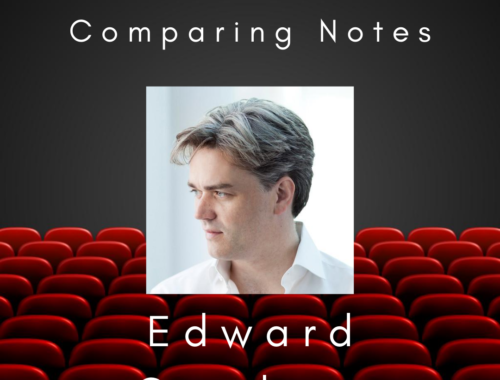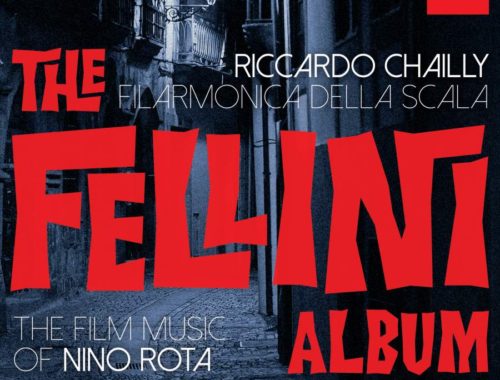Briefly… Peter Grimes, London Philharmonic, Jurowski, Royal Festival Hall (Review)
I think we can now say with absolute certainty that Stuart Skelton is the pre-eminent Peter Grimes of the present time. Just as Peter Pears originated the role for a whole generation and Jon Vickers redefined it and Philip Langridge made us re-think it, so Skelton has become Grimes, reconciling the bluff fisherman with the visionary and helping is understand how the child in him had, rather like his apprentices, never had a chance to grow. It’s that childlike quality, that vulnerability, and the passions that override it, that makes him so moving – and even here in this effectively semi-staged performance at the Royal Festival Hall (now sporting its gleaming new organ like an abstract backdrop to The Borough’s hypocritically churchy community) Skelton was a force of nature which transported us to Aldeburgh beach without the necessity for a pre-recorded orchestra and chorus.
Unbelievably Skelton had sung for four straight performance nights, alternating Florestan in ENO’s new Fidelio with Grimes performances in Birmingham and London. He was tired for sure and in those tricky Grimes moments where he’s crossing the break between head and chest voices the transition wasn’t as seamless as it can be and some fraying was in evidence. But the sheer amplitude and clarity of the voice and more importantly the way Skelton inhabits Grimes and conveys his emotional journey you suddenly realise that Grimes is as much a product of this “closed” society as he is an outsider. And in that final scene where Skelton so magnificently turns back the mockery on the community he knows even as he sings yet again “What harbour shelters peace” that like Captain Vere in Billy Budd the only safe harbour comes with death. Heartbreaking.
Director Slater conveyed well that sense of “community” where individuality prospers only if it conforms. So London Voices seemed to coalesce with the “principals” in the big set pieces culminating, of course, in the ugly manhunt where Vladimir Jurowski let rip with that grotesque parody of the jaunty party music and Slater brought the entire company downstage to put us where Grimes now found himself.
This was Jurowski’s first Grimes and the point at which it truly ignited was that amazing Grimes/Balstrode (Alan Opie) duet in the teeth of the approaching storm. When Skelton roared “And here I shall stay!” Jurowski unleashed the London Philharmonic at a tempo which took the storm’s fury to the edge of possibility and made those high violin repeated notes sound like a terrible ringing in the ears. Interestingly enough, the other storm – the one in Grimes’ soul which vents during the act two Passacaglia – was Jurowski’s other physical and emotional climacteric.
From the rear stalls (where many of the press were relocated on account of demand) some voices made more of an impression than others. It’s a tricky hall, this, and a few feet can make all the difference to the experience you have. The big voices fared well with Brindley Sherratt’s Swallow, Mark Stone’s Ned Keene, and Michael Colvin’s Bob Boles coming across strongly. Pamela Armstrong’s Ellen Orford grew with the evening, coming into her own with a wonderful account of the “Embroidery in childhood” aria.
And as always with Grimes I come away with the sound of four women’s voices united in reflection of their men. It was the number in the opera that Leonard Bernstein (who, of course, gave the American premiere) always wished he’d written and though it may be hard for us Brits to acknowledge Peter Grimes was an American commission. How ironic is that.
You May Also Like

COMPARING NOTES: Edward Gardner in Conversation
18/06/2020
GRAMOPHONE Review: The Fellini Album – The Film Music of Nino Rota, Filarmonica Della Scala/Chailly
14/08/2019
